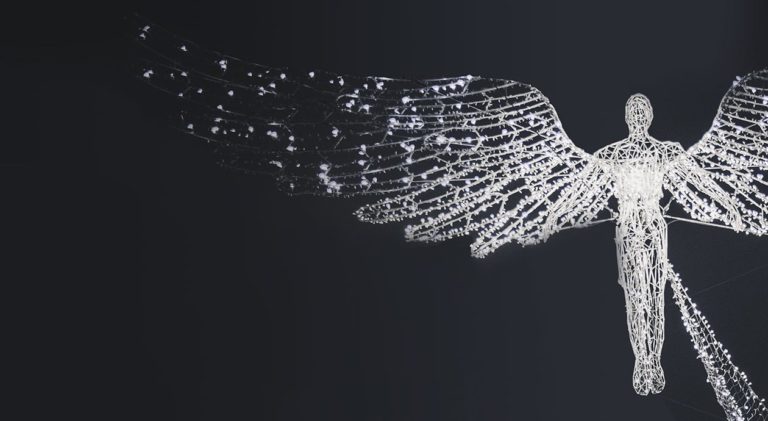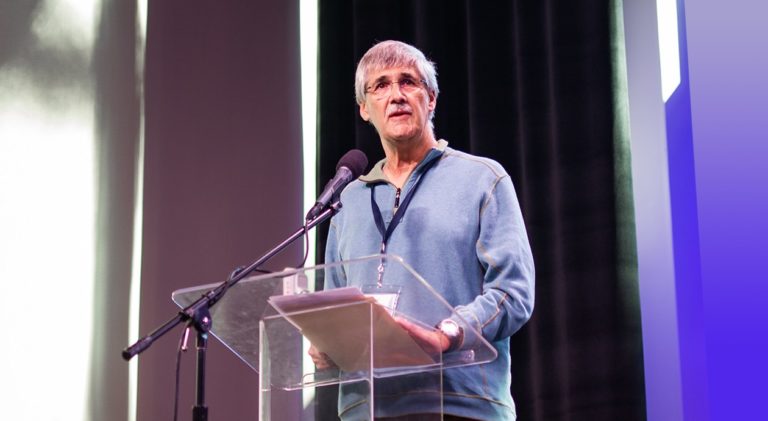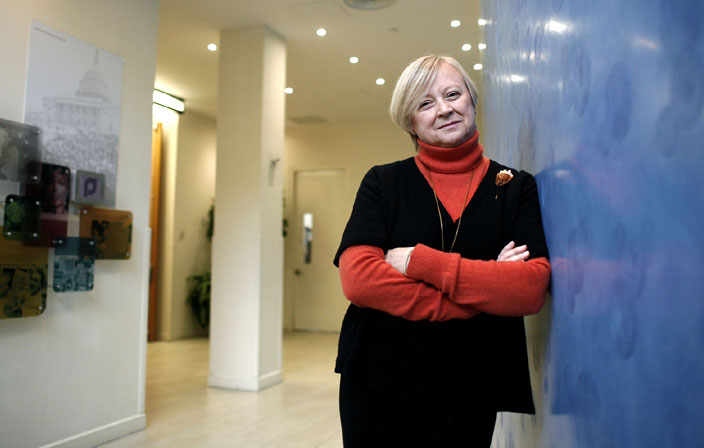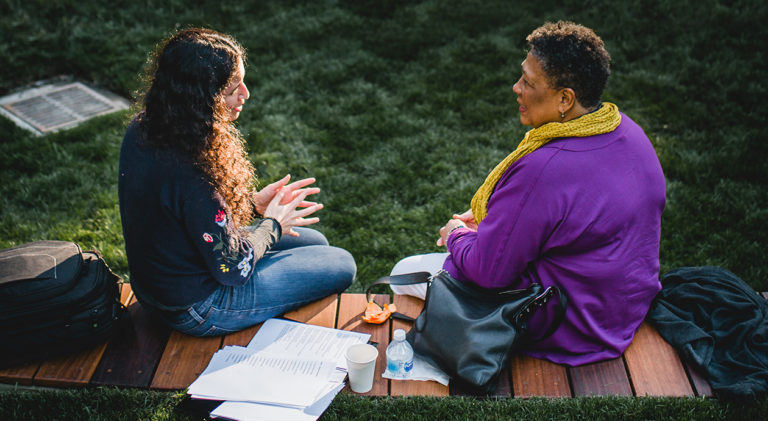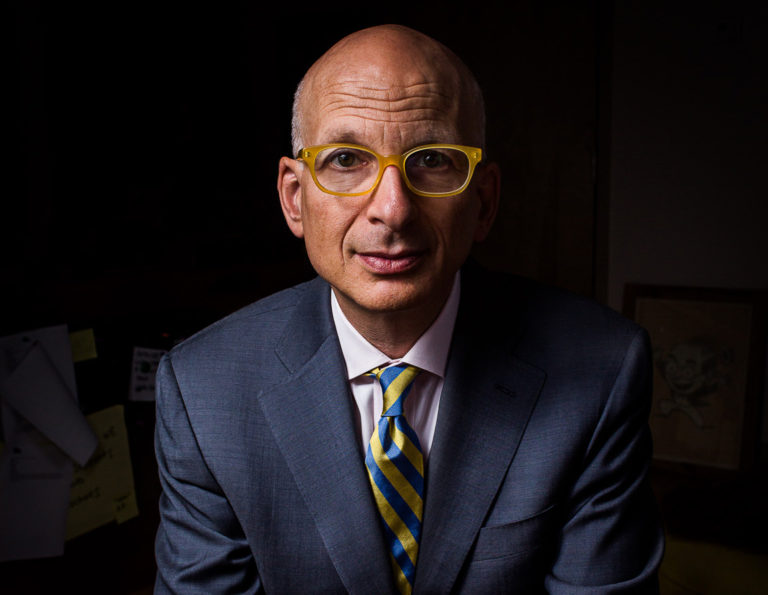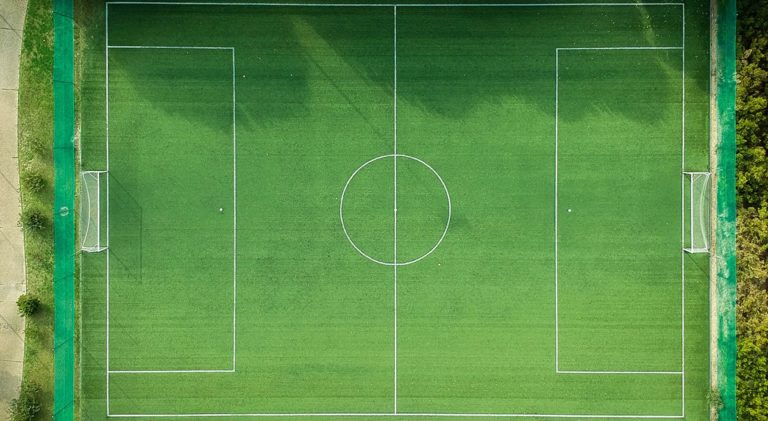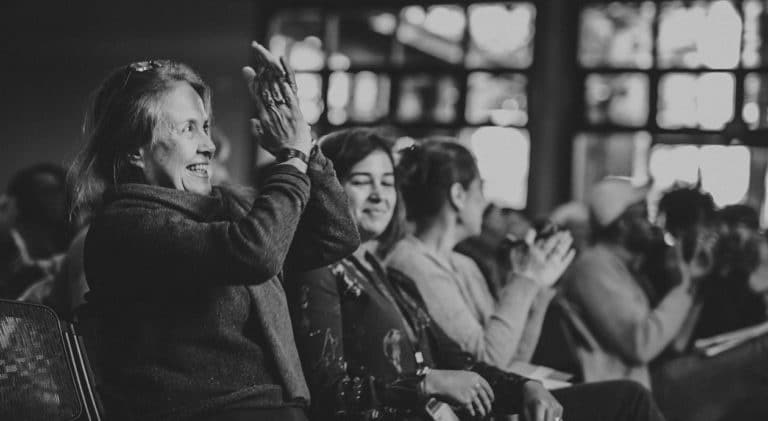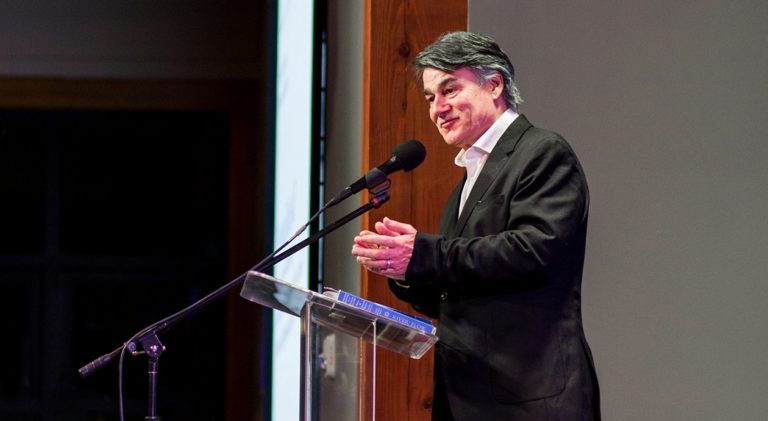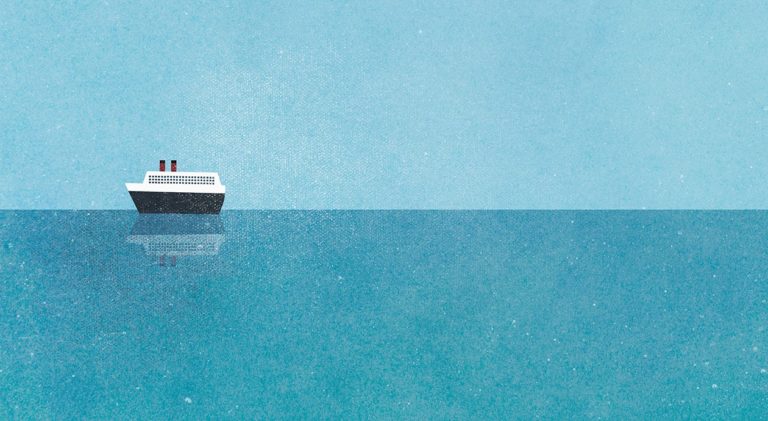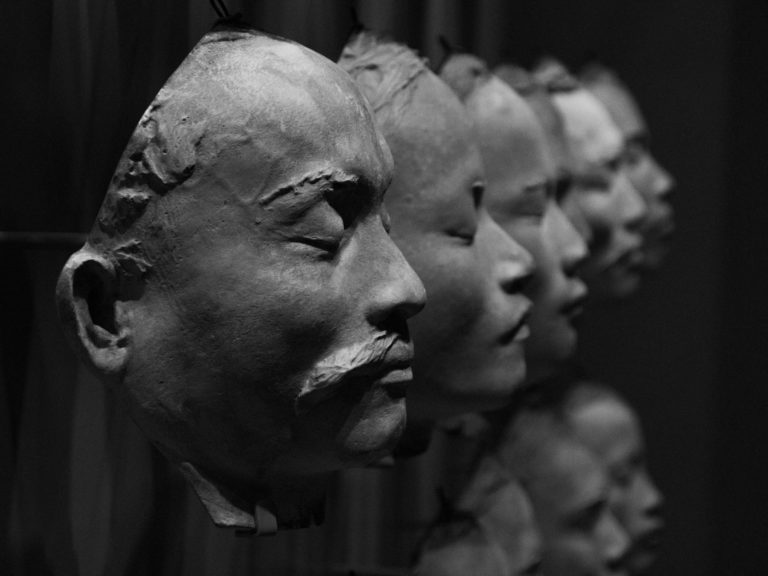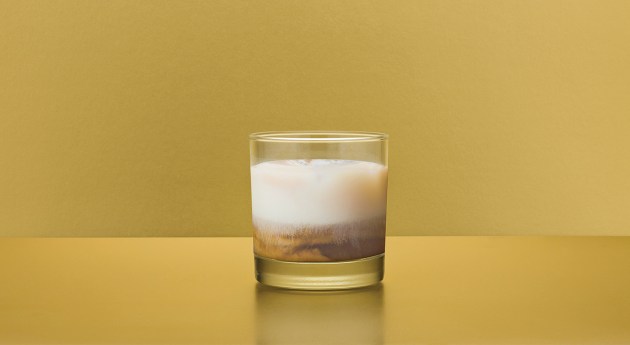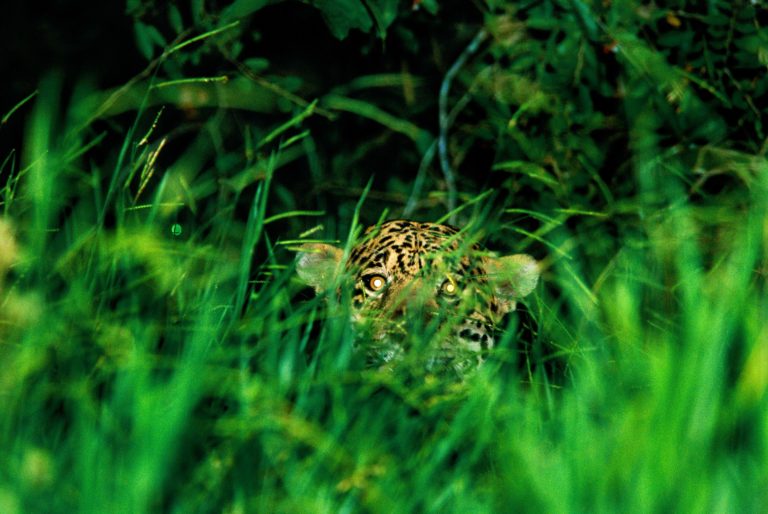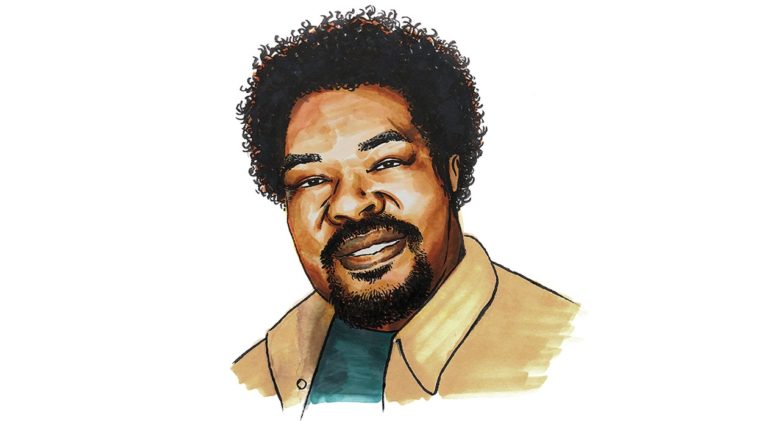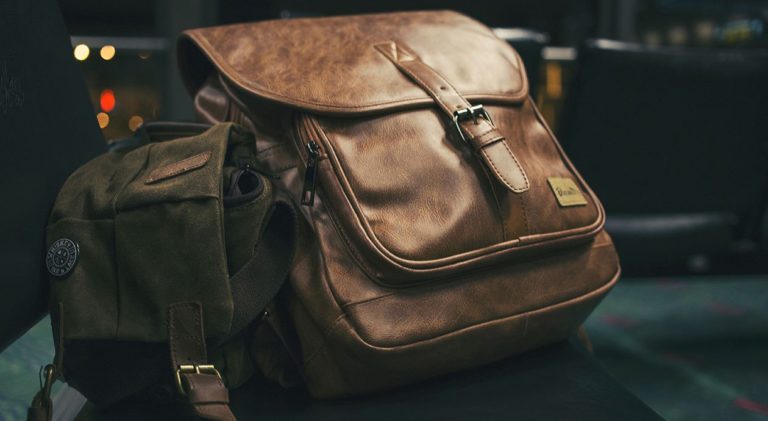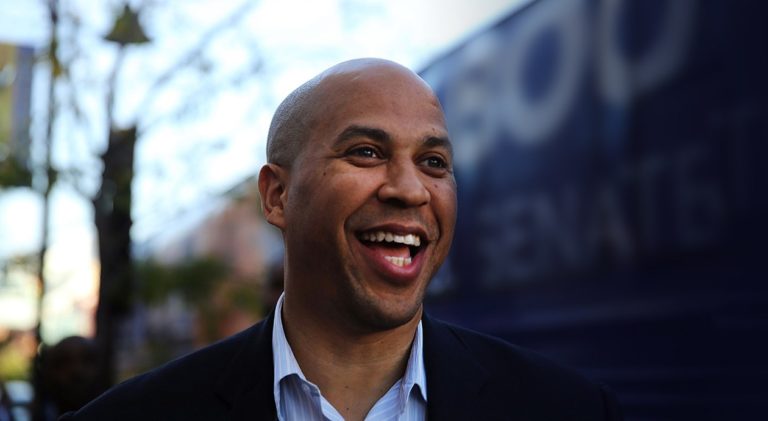Remembering “the Indiana Jones of wildlife conservation.” The wildness that we don’t feel during our everyday lives. “I was a fluent stutterer and that opened up a whole new avenue in my life.” Escape to places where language isn’t that important.
How to get to the heart of the human experience without speaking? This question drove Alan Rabinowitz, after a childhood with a severe stutter, to become a wildlife biologist and explorer — “the Indiana Jones of wildlife conservation.” He died this month at age 64. He was known for his work with big cats, his discovery of new animal species, and for documenting human cultures believed to be lost. Alan Rabinowitz took our understanding of the animal-human bond to new places, while also being wise about the wilderness of the human experience.
Alan Rabinowitz was the founder and chief science officer of Panthera, the global wild cat conservation organization. He was also a spokesman for the Stuttering Foundation and the author of several books, including Life in the Valley of Death, Beyond the Last Village, and An Indomitable Beast. He died of cancer on August 5, 2018.
Find the transcript for this show at onbeing.org.


